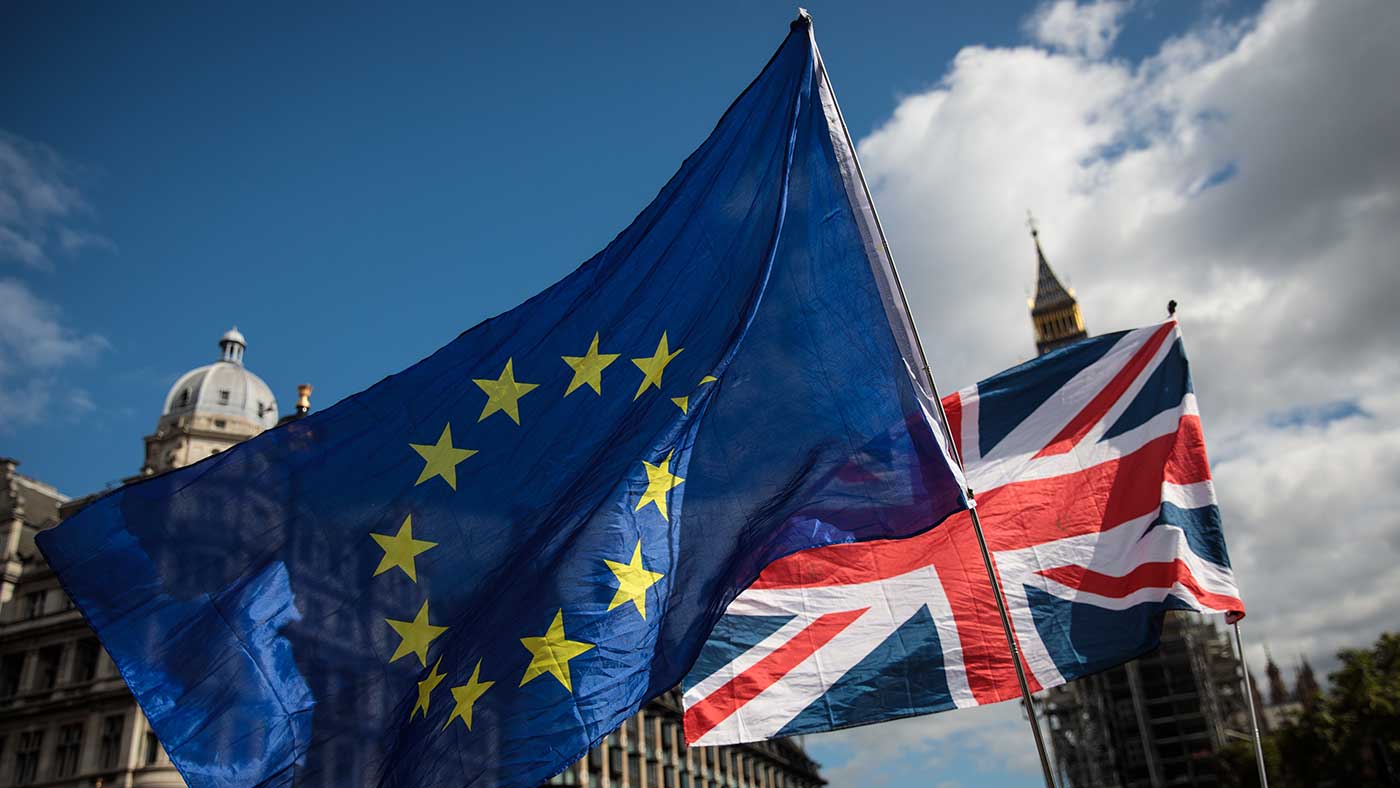Brexit: why ministers are trying to hide no-deal plans
Impact assessments of ‘no-deal’ scenario due to be published on Thursday will not contain ‘contentious’ notes

A free daily email with the biggest news stories of the day – and the best features from TheWeek.com
You are now subscribed
Your newsletter sign-up was successful
Ministers have been accused of trying to hide their more contentious plans for the UK leaving the EU without a deal in March 2019.
The first batch of documents detailing the impact of a no-deal departure are due to be published on Thursday.
Downing Street “wants to avoid publishing its plans for a worst-case scenario that include importing thousands of electricity generators north of the Irish border”, reports The Times.
The Week
Escape your echo chamber. Get the facts behind the news, plus analysis from multiple perspectives.

Sign up for The Week's Free Newsletters
From our morning news briefing to a weekly Good News Newsletter, get the best of The Week delivered directly to your inbox.
From our morning news briefing to a weekly Good News Newsletter, get the best of The Week delivered directly to your inbox.
The issue of energy in Northern Ireland “will not be among those covered in an initial release”, says the newspaper, as “ministers have been given time to develop less drastic contingency measures”.
What is in the impact papers?
Following Prime Minister Theresa May’s promise to be more explicit about preparations for a “no-deal” Brexit, the government wants to spell out exactly what action it will have to take should the UK crash out of the EU without an agreement.
The first set of official assessments to be released this week are thought to cover subjects as diverse as nuclear research, farm payments and state aid, as well as one concerning the effects on the banking sector.
A free daily email with the biggest news stories of the day – and the best features from TheWeek.com
Downing Street “had been hoping that the first batch of documents would generate relatively little controversy, which is why the presence of the banking paper on the publication list has surprised Whitehall sources”, says The Guardian.
In another unexpected development a health paper may also be released in the first wave, coming after an NHS organisation recently warned that hospitals could run short of drugs or even run out of them in the event of a no-deal Brexit.
But Downing Street has so far “refused to confirm which of the 84 no-deal assessments will be released in the first batch”, reports The Guardian
Why are ministers trying to hide them?
The government has “yet to say how many releases of the documents there will be, or when the second tranche will be published”, reports The Times. One delaying factor is that May, who is still on holiday, “has not read all the documents”, adds the paper.
Officials at the Department for Exiting the EU have also said that some of the “more contentious” notices had been held over.
Recent reports from a number of sectors have said that the UK would be severely affected by the consequences of a no-deal scenario.
Brexit Secretary Dominic Raab, according to The Times, is said to have insisted that the documents strike a “serious and sober” tone. He is due to give a speech setting out the context for the release of the assessments later this week.